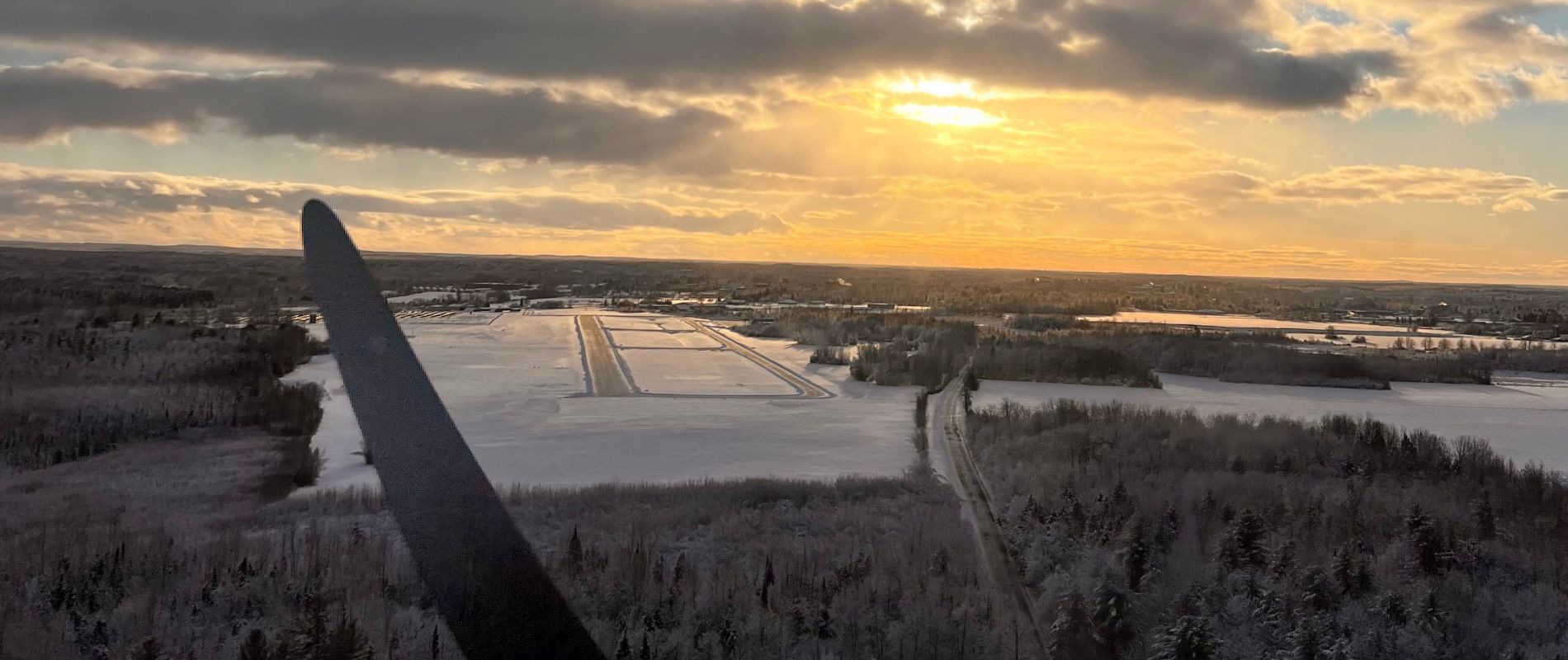Flight Instruction
Since 2006, our flight school has been a trusted leader in aviation training, providing high-quality instruction tailored to each student’s goals. Whether you're just starting your journey, aiming for a commercial career, or advancing your skills with an instrument or instructor rating, we offer structured training to help you achieve your certification.
Led by an experienced Chief Flight Instructor and a dedicated team of aviation professionals, we guide you every step of the way—whether you're flying for recreation, pursuing a career in commercial aviation, or becoming a certified drone operator. Our goal is to equip you with the skills, knowledge, and confidence to excel in aviation.
Available Certificate & Rating Instruction
- Student Pilot Certificate
- Private Pilot Certificate
- Instrument Rating
- Commercial Pilot Certificate
- Certified Flight Instructor (CFI)
- Flight Review
- Instrument Proficiency Check (IPC)
- Cirrus Transition Training
Student Pilot Certificate
Your first step to becoming a pilot! This phase of flight training introduces basic maneuvers, aircraft handling, and emergency procedures. You'll gain the necessary experience and confidence to prepare for your first solo flight.
To solo, you’ll need to pass a pre-solo knowledge test, obtain an FAA medical certificate, and apply for a student pilot certificate. After this stage, most students begin working toward their Private Pilot Certificate.
Eligibility:- Must be at least 16 years old.
- Must be able to read, speak, and understand English.
Private Pilot Certificate
Often considered your "driver’s license for the skies," this certification allows you to fly under Visual Flight Rules (VFR) and travel independently. Training includes obtaining a Student Pilot Certificate, passing the FAA Private Pilot Knowledge Test, and completing the FAA Private Pilot Practical Test.
Eligibility:- Student Pilot Certificate
- FAA Medical Certificate - before soloing
- 40 total flight hours
- 20 hours of flight instruction
- 10 hours solo flight time
- 5 hours solo cross-country time
- 150 NM solo cross-country with landings at three points, including one segment over 50 NM
- 3 hours night flight training, including:
- One night cross-country flight over 100 NM
- 10 takeoffs and full-stop landings at night
- 3 hours of instrument training
- 3 hours of checkride preparation within two months of the practical test
Instrument Rating
Want to fly through the clouds? The Instrument Rating allows pilots to operate under Instrument Flight Rules (IFR), enabling safe navigation in low-visibility conditions. Training focuses on real-world IFR scenarios, requiring at least 40 hours of simulated or actual instrument flight time.
Training Requirements (FAR 61.65):- 50 hours pilot-in-command (PIC) cross-country time
- 40 hours simulated or actual instrument time
- 15 hours of instrument flight training
- 3 hours of instrument training within the last two months before the practical test
- One 250 NM cross-country flight with instrument approaches at each airport
Commercial Pilot Certificate
Looking to fly professionally? This certification allows you to be compensated for flying. Training emphasizes precision, coordination, and professionalism, preparing you for the FAA Commercial Pilot Knowledge and Practical Tests.
Training Requirements (FAR 61.129):- 250 total flight hours
- 100 hours in powered aircraft, including 50 in airplanes
- 100 hours PIC time, including:
- 50 hours PIC in airplanes
- 50 hours PIC cross-country
- 20 hours of flight training, including:
- 10 hours simulated instrument training
- 10 hours training in a complex or TAA airplane
- Two 100 NM cross-country flights (one daytime, one nighttime)
- 3 hours checkride prep within two months of the practical test
- 10 hours solo flight time, including:
- One 300 NM solo cross-country flight
- 5 hours of night VFR solo
Certified Flight Instructor (CFI)
Interested in sharing your passion for aviation? Becoming a CFI allows you to teach others while building valuable flight hours toward an airline career. Training includes FAA knowledge tests, endorsements, and a CFI practical test.
Flight Review
The FAA requires pilots to complete a flight review every 24 calendar months. Whether you need to meet this requirement or refresh your skills, our instructors will ensure you're proficient and signed off to fly.
Instrument Proficiency Check (IPC)
To stay IFR current, pilots must log regular instrument approaches, holds, and navigational tracking. If you need to regain IFR proficiency, we offer IPC training to help you become confident in instrument conditions.
Cirrus Transition Training
The Cirrus SR22 is one of the safest and most advanced single-engine aircraft. Our high-performance Cirrus meets Technologically Advanced Aircraft (TAA) standards, allowing you to earn a high-performance endorsement and log time toward your Commercial Pilot Certificate.
